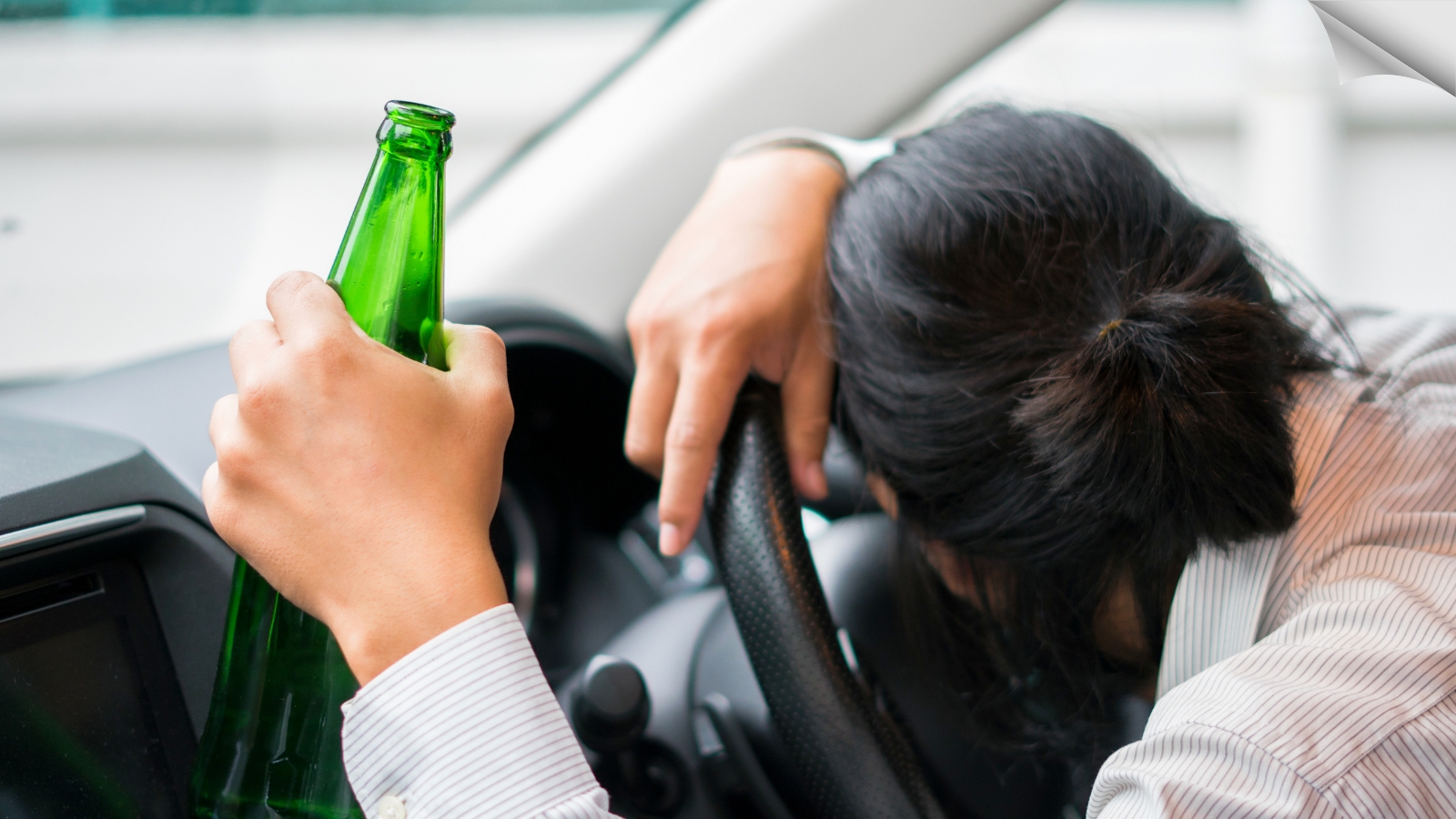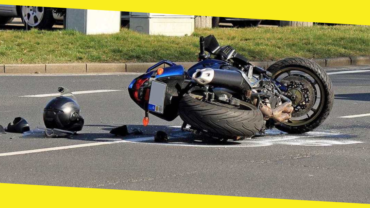Navigating the Road to Recovery After a Drunk Driving Charge

Being charged with drunk driving launches individuals on a tumultuous path of legal consequences, personal struggles, and overwhelming uncertainty. Despite the difficulties brought forth by such an event, it’s crucial to remember that the road to recovery is viable.
This article furnishes detailed information and guidance about how individuals can regain their lives after a DWI charge, from immediate legal response to personal healing and societal reintegration.
Keep reading to learn more.
The Immediate Legal Response
The initial aftermath of a DWI charge typically involves swift and stern legal action. In these critical hours, you must ensure you are equipped with the right knowledge and understanding about your rights and the next steps to prevent further complications. An immediate and thoughtful response is fundamental to successfully addressing the charge.
Navigating the complexities of the legal system can often be daunting, especially for individuals unfamiliar with its intricacies. This is why it’s crucial to seek legal assistance when faced with legal issues. In particular, if you find yourself in a situation that involves driving while intoxicated (DWI), engaging the services of a professional Georgetown DWI lawyer could save you from probable legal pitfalls, ensuring you the best possible representation for your case.
A DWI charge is a serious offense that can have severe consequences, including hefty fines, suspension of driver’s license, and even imprisonment. The laws surrounding DWI cases can be complicated, varying from one jurisdiction to another. Without proper legal knowledge, it’s easy to make mistakes that can jeopardize your case. However, with the guidance and representation of a skilled DWI lawyer, you can protect your rights and potentially minimize the negative impact of the charges against you.
Hiring a professional Georgetown lawyer is important because they have in-depth knowledge of local laws and procedures. They are well-versed in the intricate details of DWI cases, including the various legal defenses that can be used to challenge the prosecution’s evidence. A competent DWI lawyer will work closely with you to gather relevant information, evaluate the evidence against you, and develop a strong defense strategy tailored to your specific case.
Understanding the Consequences of DWI
A DWI charge often brings forth several legal ramifications. These may include but are not limited to expensive fines, community services, jail time, and temporary or permanent revocation of driving licenses. In addition, this charge typically stays on your criminal record, which could impact future employment opportunities and more.
The severity of the consequences largely depends on the unique circumstances of the incident. Factors like the individual’s criminal history, the amount of alcohol consumed, the presence of minors in the vehicle at the time, and whether the alleged drunk driving led to any injuries or fatalities can all affect the outcome of the case.
Further, the gravest impact of the DWI charge is perhaps the enduring emotional and mental toll it takes on individuals and their loved ones. Such charges often lead to feelings of shame, guilt, anxiety, and depression, making the road to recovery challenging. Nevertheless, acknowledging these repercussions is the first step towards taking control of the situation.
Cultivating a Network of Support

Dealing with a DWI or DUI charge can be an isolating experience. However, it’s important to remember that you don’t have to go through it alone. You can start by reaching out to trusted friends and family members to share your feelings and experiences. Support from loved ones can provide immense relief during this time of crisis.
Additionally, considering professional help is an advisable step. Mental health professionals are equipped to help you process your experiences and emotions linked to the DWI charge. Therapy and support groups can provide a safe space to express your feelings and hear from others who have experienced similar situations.
Lastly, engaging with community services and organizations focused on DWI recovery can be beneficial. They can provide resources, education, and support networks that can help guide you through your recovery journey.
Making Amends and Finding Forgiveness
Dealing with guilt and shame is one of the most challenging aspects of recovery from a DWI charge. Therefore, consciously working on finding forgiveness for yourself is an important step toward healing. Recalling that everyone makes mistakes and choosing to learn from this experience can pave the way toward self-forgiveness.
To further assist in alleviating guilt, you can choose to make amends where appropriate. This could involve issuing apologies to those affected by your actions, taking steps to rectify any damages caused, or dedicating your time and energy to relevant community service endeavors.
Finally, remember that recovery is a process, and self-forgiveness won’t happen overnight. Finding forgiveness and regaining your life after a DWI charge takes time, effort, and patience.
Beyond the Charge: Regaining Life
A DWI charge may be a significant event in your life, but it does not define you. Continuing to work towards your goals and dreams is essential despite this setback. Reintegration into society following a DWI charge can be challenging, but it’s certainly not impossible.
Seek opportunities to enhance your personal and professional development and consider paths that allow you to utilize your experiences for the betterment of yourself and others. You might use your experience to educate others about the dangers and consequences of drunk driving, turning a negative experience into a positive one.
While the road may be challenging, conquering the journey and emerging stronger is within your ability. Believe in your resilience, have faith in your strengths, and dedicate yourself to recovery.
Preventing Future DWI Charges
Preventing future DWI charges requires a firm commitment to change and to understand the triggers that may tempt you to drink and drive. Abstaining from drinking alcohol or refraining from driving after drinking is a practical strategy to avoid future charges.
You can adopt tools and strategies like designated drivers, ride-sharing services, or public transportation to ensure you get home safely after consuming alcohol. You can also engage in learning about alcohol’s effects on driving capabilities, which would underscore the importance of this critical decision-making.
Lastly, supportive communities and therapy can provide the additional guidance needed to avoid past behaviors. Remember, every step taken to prevent a future DWI is a step toward continued recovery and growth.
The Possibility of Recovery and Redemption

Recovering from a drunk driving charge may seem like a challenging task, but remember that you can do it. The path towards redemption begins with accepting the reality of the situation, seeking professional help, cultivating a support network, working towards making amends, committing to personal growth, and preventing further incidents.
The process of recovery should ideally extend beyond just legal consequences and address the mental and emotional repercussions of the incident. Only then can one truly regain a sense of normalcy and direction. This complete approach to recovery puts you back in control, transforming the experience from a life-deterring event to an opportunity for profound personal growth.
It’s important to remember that a DWI charge is not the end of the road. Hope and recovery are always possible. Moreover, it’s a chance to learn, grow, and come out stronger on the other side. Remember, your past does not define your future; it only shapes it. And it’s in your hands to shape your future towards resilience, recovery, and redemption.
You may like this
Most Inside
Most Inside offers high-quality recommendations and valuable updates to enhance all aspects of your life, providing premium guidance and enriching experiences.




